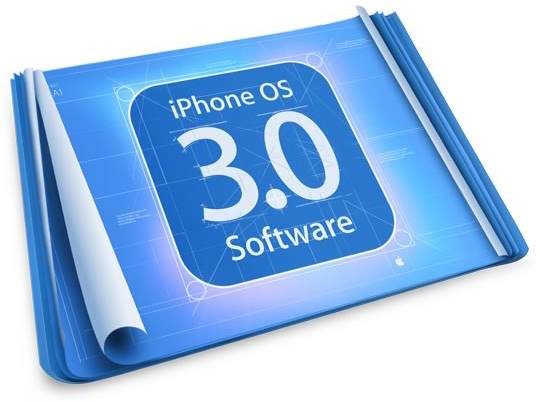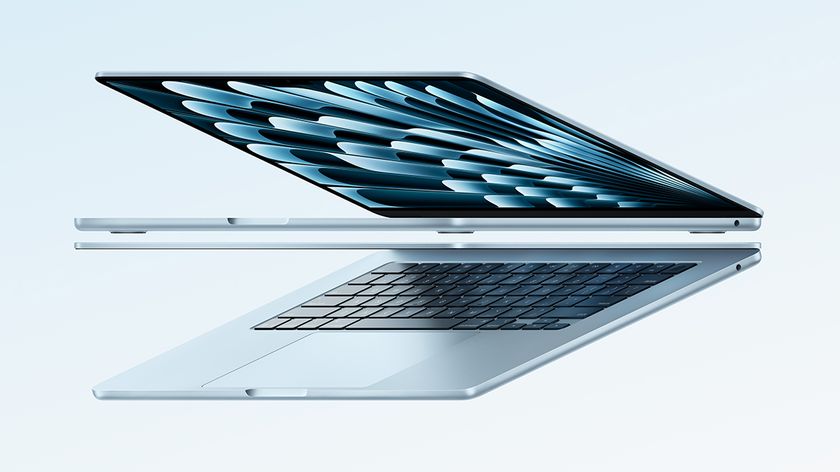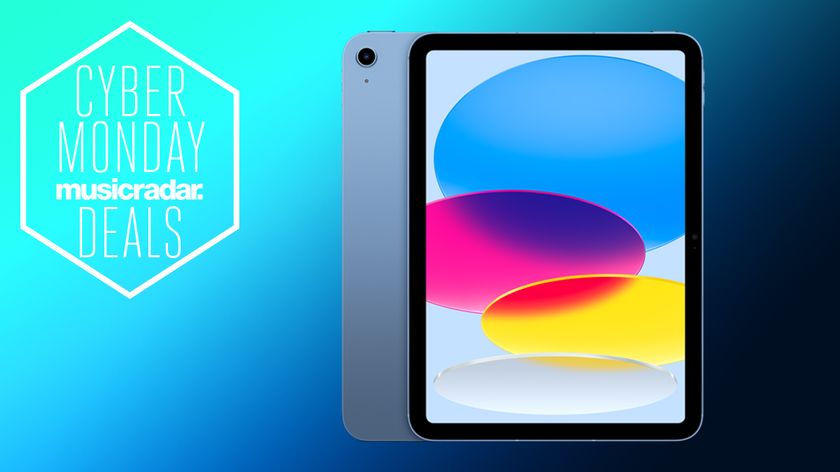iPhone OS 3.0: what's new for music makers?
Software update could have major implications

Apple has previewed version 3.0 of its iPhone operating system, and by the looks of things, musicians are set to benefit from several of its new features.
Many of the OS 3.0 headlines have been dominated by the likes of the new search and cut, copy, paste facilities, but these are by no means the only things that Apple is adding.
iPod library access, for example, could well prove to be extremely important - this will enable you to access your music from within applications. As Synthtopia points out, this could pave the way for the launch of some serious iPhone/iPod touch DJing software.
Then there's peer-to-peer connectivity: you'll soon be able to wirelessly connect two of Apple's handsets via Wi-Fi. This could enable developers to produce some interesting 'multiplayer' music-making apps.
Hardware control
Also intriguing is the new External Accessory framework, while will open the door to using your iPhone/iPod touch as a controller for "Made for iPod" hardware. Now we just have to see how manufacturers of audio products take advantage of this.
These are the highlights but, as Create Digital Music points out, the iPhone/iPod touch still has some way to go before it can be considered the perfect mobile music-making platform.
Other than those in your iTunes library, you still can't transfer files to and from the handset, and controllable hardware still has to "Made for iPod" (ie, Apple retains control of what is and isn't compatible).
Get the MusicRadar Newsletter
Want all the hottest music and gear news, reviews, deals, features and more, direct to your inbox? Sign up here.
Overall, though, there's more good news than bad. You can find out more and watch the iPhone OS 3.0 presentation on the Apple website.

I’m the Deputy Editor of MusicRadar, having worked on the site since its launch in 2007. I previously spent eight years working on our sister magazine, Computer Music. I’ve been playing the piano, gigging in bands and failing to finish tracks at home for more than 30 years, 24 of which I’ve also spent writing about music and the ever-changing technology used to make it.












